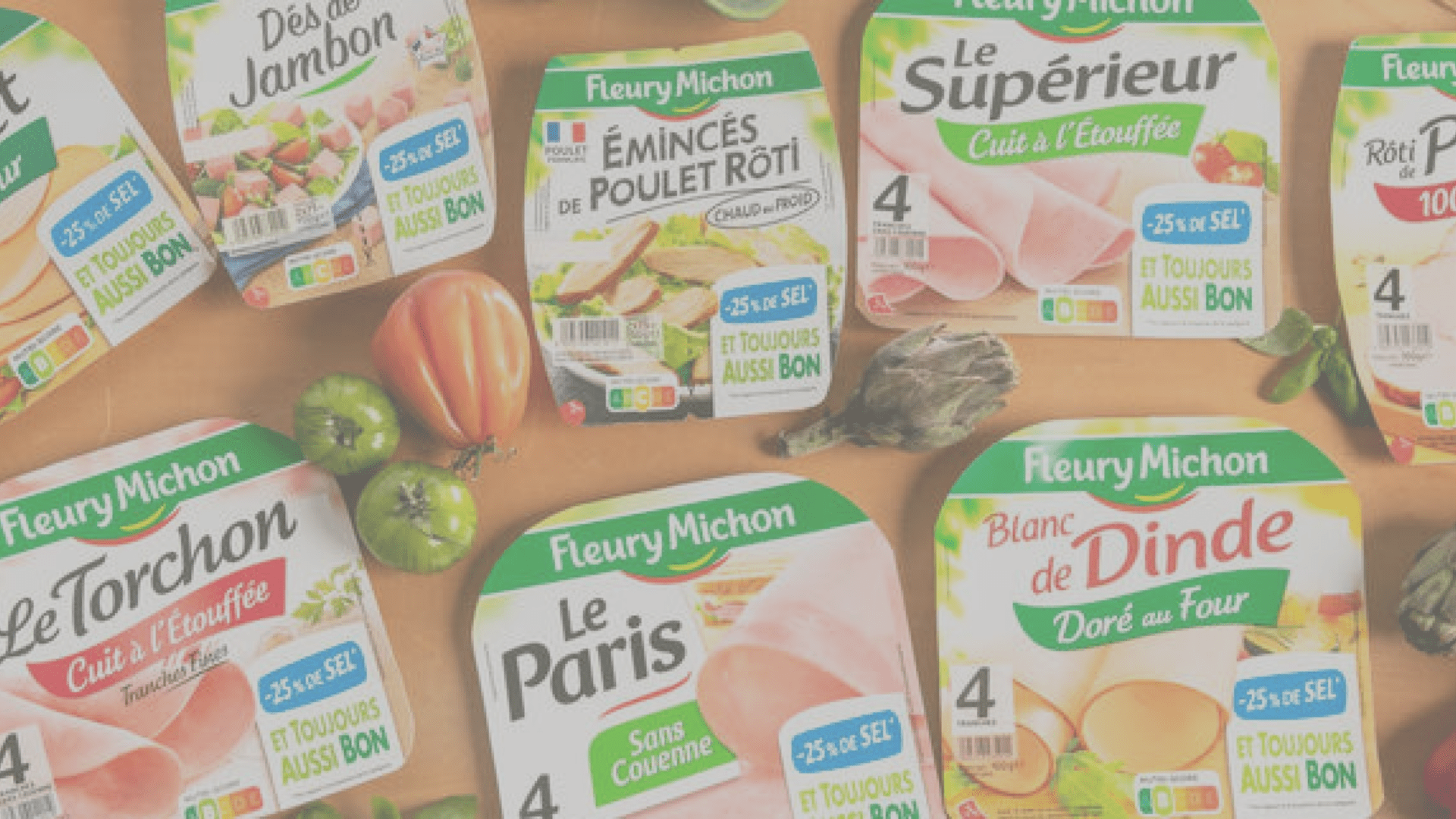Fleury Michon has announced the launch of a major investment plan of €120 million over the next five years. The goals: Modernizing their plants, accelerating their ecological transition and developing their range of nitrite-free products.
“After two tough years, our earnings are improving, and this investment plan will allow us to look to the future,” Billy Salha, the COO of the Vendée (Pays de la Loir region) based company explained when the €120 million investment plan was announced.
“We are giving ourselves the means to meet the challenges both of performance and of the ecological and digital transitions.”
Founded in 1905, the Fleury Michon brand, which recorded revenue of €735.4 million in 2020 – including 6% from exports – is now number one in in supermarkets and grocery stores in France for packaged deli meats and cold cuts, fresh pre-cooked dishes and crab sticks. With high brand recognition in France, its products can be found in 79.3% of the nation’s refrigerators.
N°1 for Nitrite-Free Ham
The company has earmarked €90 million of the total €120 million announced for optimizing their production equipment. Fleury Michon has 11 plants in France as well as subsidiaries in Canada, the Netherlands, Slovenia and Spain.
In order to meet new expectations from ever-more demanding consumers, Fleury Michon will also be investing approximately €15 million in R&D, focused in particular on developing new “nitrite-free” recipes. The group from the Vendée has established itself as the leader of the “nitrite-free traditional ham” segment, with a 40% market share.
Another R&D priority: the packaging issue. The company has already attracted attention by launching ready-to-eat dishes packaged in wooden containers. Their goal is now to reach 100% recyclable packaging by 2025. In order to achieve that, research is currently being carried out on cardboard packaging for ham, and glass for ready-to-eat dishes.
© fleury michon
